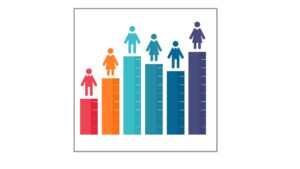
Premature mortality is a critical indicator of overall population health, socioeconomic inequalities, and health system performance. Researchers at the Population Health Analytics Lab have developed and validated a novel tool that predict the risk of premature mortality among Canadian adults. The Premature Mortality Population Risk Tool (PreMPoRT) is designed to accurately predict the risk of individuals dying before the age of 75 within a five-year period.
How was PreMPoRT Developed?
The team led by Dr. Rosella used data from 500,870 adults (18-74 years old) from the Canadian Community Health Survey linked to the Canadian Vital Statistics Database to develop and validate the tool. The final sex-specific models include age, income, education, perceived health, smoking, chronic conditions (COPD, heart disease, diabetes, cancer, stroke), marital status (males), Alzheimer’s disease (males), arthritis (males), BMI (females), and physical activity (females).
Why is it Important?
Premature mortality and a significant health concern as it reflects unfulfilled life expectancy and highlights socioeconomic disparities. It is also a United Nations Sustainable Development Goal. PreMPoRT identifies populations at higher risk to help policymakers and healthcare providers target resources more effectively, ensuring that those most in need receive timely and appropriate care.

Impact on Public Health
The development of PreMPoRT represents a significant advancement enabling public health applications to predict the risk of premature mortality using widely available survey data. It offers a proactive approach to managing health risks and can potentially save lives by enabling early interventions.
The method used to develop and validate the tool was published in BMJ Public Health. Read the full publication here.
